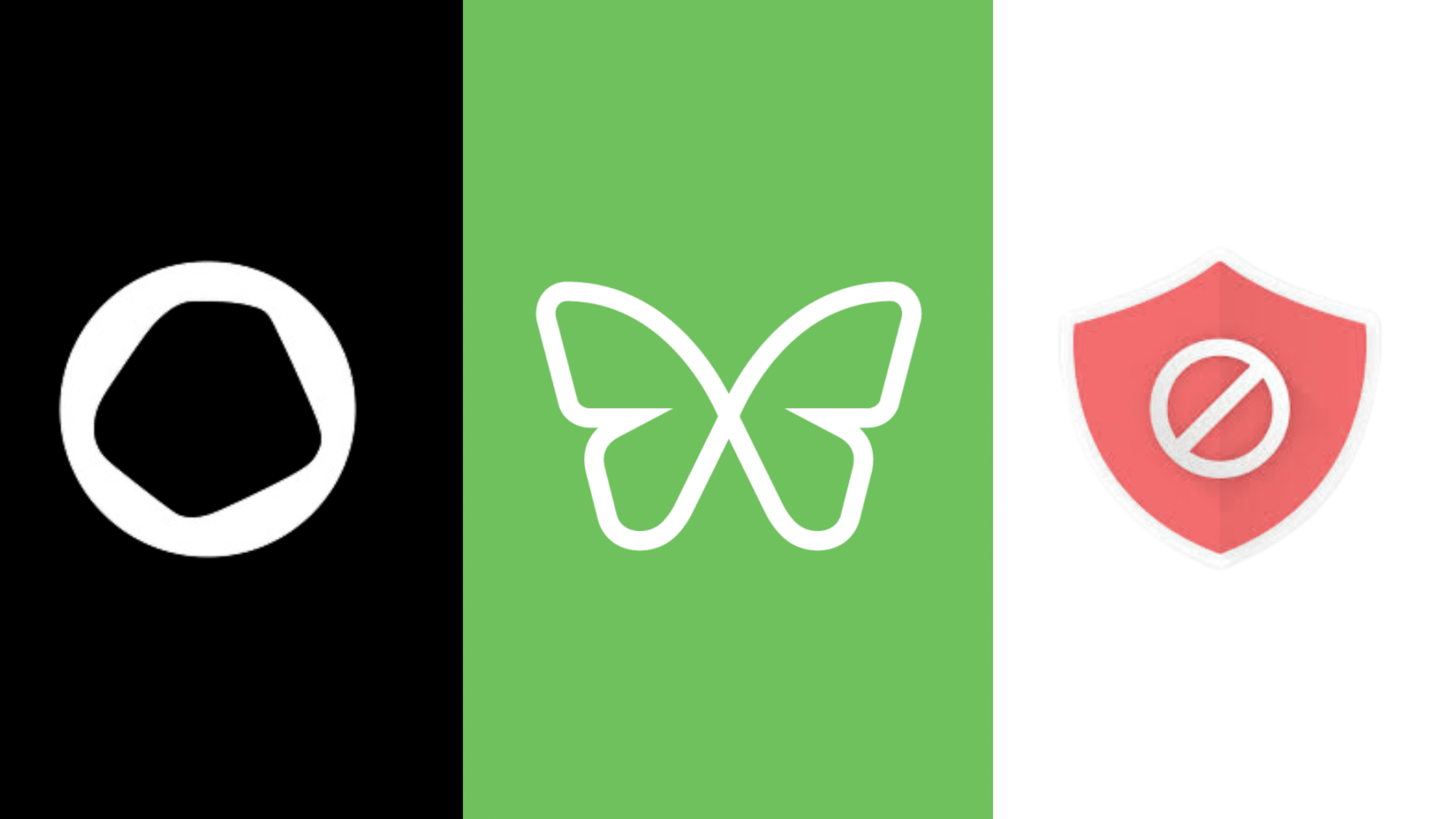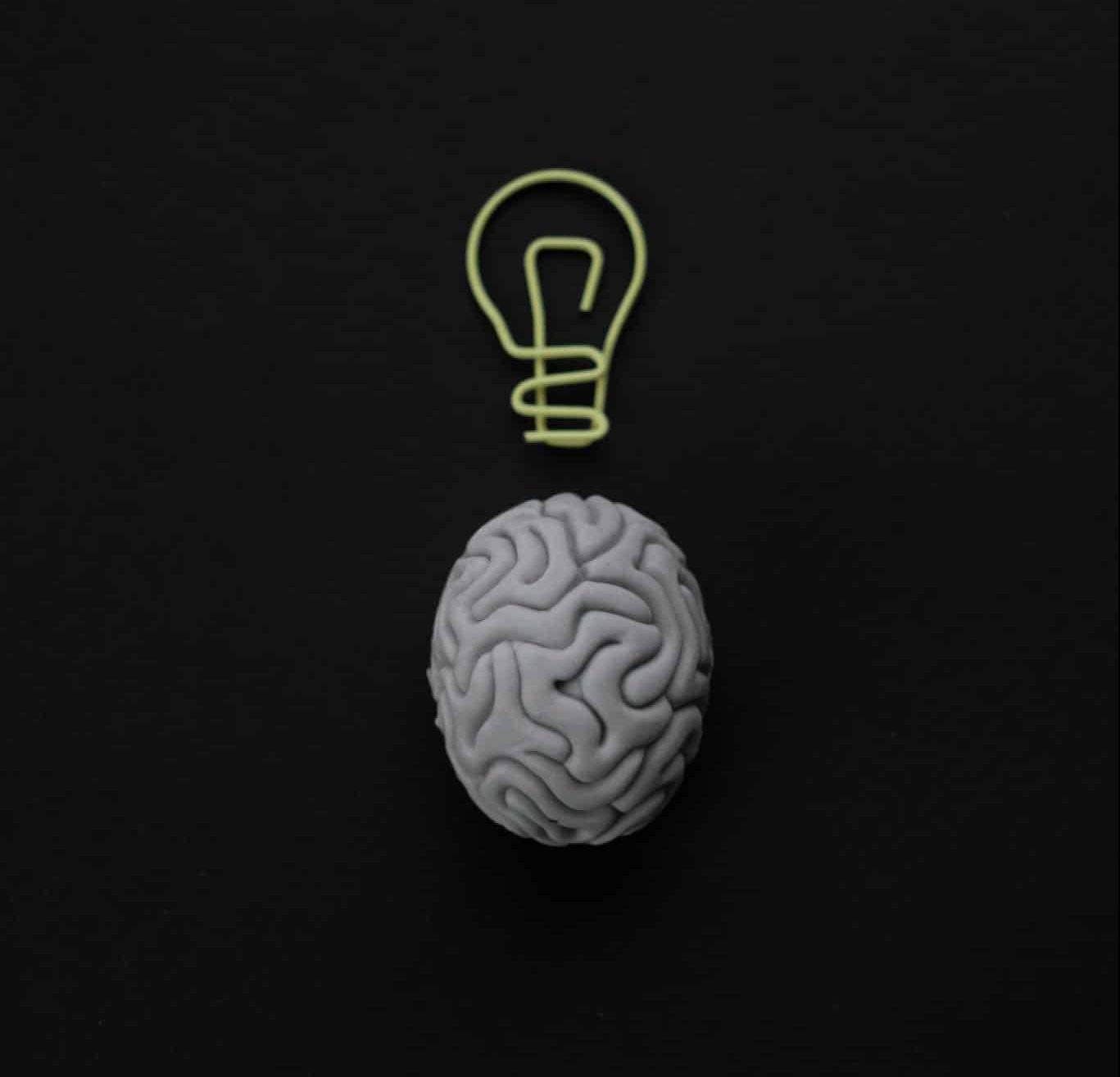Resisting the Attention Economy: How to Do Nothing

The true cost of distraction – and how to fight back!
How many tasks are you trying to focus on right now? Really, think about it. Are you “reading” this from your laptop while watching Netflix? Maybe you’re skimming this from the kitchen while your stir fry’s sizzling on the stove. Be honest…are you in the bathroom?
We have the world at our fingertips, but what’s the point when we can’t even finish a Google search without getting distracted? That Instagram notification pops up, the next TikTok autoplay, and bam! — you just lost 2 hours of your time. Time you could’ve spent connecting with your partner, reading the book collecting dust on your nightstand, or doing the million other things you’ve meant to finish.
It’s not your fault that distracting information and exciting engagements are coming at you from every single direction at all times. That’s the attention economy at play — and the market’s brutal.
It’s not your fault that distracting information and exciting engagements are coming at you from every single direction at all times.
That’s the attention economy at play — and the market’s brutal.
What Is the Attention Economy?
How on earth is attention a valuable resource, let alone a trillion-dollar industry? Consumers certainly aren’t the ones receiving a massive payday, so what’s the deal? Who profits? And how are we involved?

Who Profits When We Pay Attention
Advertising has always been a huge money-maker, but we’ve drifted away from traditional newspapers and billboard campaigns, moving to online spaces instead. After all, as of 2022, we average nearly 7 hours a day using the internet. So naturally, it’s the perfect place for businesses to sneak in some promo.
But it’s those running the huge media sites we dedicate so much time to who are profiting off those ads. In other words, the more hours users spend on platforms like Google, Apple, and Facebook, the more money those Big Tech giants earn.
And thus, the attention economy was born. It’s a system in which our attention is the product: one that tech companies are exploiting and competing for.
It’s not a new concept, though. Back in 1997, Michael Goldhaber wrote a “radical” article predicting that attention would become the currency of the future, making money obsolete. Although this theory hasn’t come true yet, it’s not entirely off.
How Companies Keep Us Addicted to Paying Attention
These “free” media sites may not charge our credit cards, but we pay with a resource more valuable than anything else: our attention. The 21st century’s go-go-go pace means there are always a million things we can attend to, making the competition for our attention fierce.
Yet clearly, that 7-hour daily average spent on the internet means Big Tech has mastered the algorithm.
Flashy ads, clickbait headlines, infinite scroll, autoplay videos, excessive notifications: these dopamine-boosting techniques keep us glued to our devices. Not only does this mean ad profits galore, but Big Tech uses our engagement to collect data on who we are and what we’re into. The result? Even more targeted recommendations that keep us hooked and generate more revenue. Oof.
Attention as a Commodity: What’s the True Price?
Think about what makes expensive commodities desirable, like diamonds or gold: they’re rare and finite. Our time is the same. We can only pay attention to so many things in a day; once those 24 hours are gone, there’s no getting them back. Well, companies have realized that attention is even better than a 24-karat gemstone-studded ring, and we suffer because of it. Instead of focusing our attention on things that matter to us, we doomscroll, compulsively check notifications, and feel uncomfortable when we aren’t overstimulated.
Unethical Business Operations
Let’s address the elephant in the room: reducing humans to commodities is straight-up demoralizing. And when humanity’s out the window, there’s no telling how far companies will go in the fight for our attention. Consider other major resource industries like farming, mining, and forestry. They’re all rife with unethical practices. So what makes us any different to tech giants?
In a world where so many people get their information online, tailored content allows Big Tech to choose what we’re paying attention to by determining who sees what content.
And that’s a powerful weapon.
Tailor-Made Content
Customized user experiences seem fun and helpful on the surface. We’ve all had the experience of Googling something, say, “Are weighted blankets worth it?” then receiving targeted ads for them the next day. Yeah, that’s not a sign you should buy it. That’s the attention economy’s Trojan horse: it’s useful, so you let it in.
Big Tech companies use this same AI technology to control what we see online. Sometimes, this involves targeting what certain demographics view, like in the Cambridge Analytica scandal; censorship of specific content, famously involving racial justice issues and sex education accounts; or lack of censorship regarding misinformation à la Facebook’s free speech policies.
In a world where so many people get their information online, tailored content (and content controls) allows Big Tech to choose what we’re paying attention to by determining who sees what content. And that’s a powerful weapon.
Clicks Over Content
Attention-grabbing headlines are more impactful and generate more views than heartwarming stories. So when money’s on the table, the attention economy doesn’t care if the content we’re paying attention to is harming our collective mental health. And it is. Tragic or terrifying content gets clicks, but our worldviews become increasingly negative if that’s all we see. Plus, all the chronic stress of perceived danger is detrimental to health outcomes.

False Sense of Control
Can we choose what we pay attention to? Well, kind of. Some environmental cues are automatic: we can’t help but notice a fire truck’s red flashing lights and blaring siren. It’s pretty impossible to tune that out. Accompanied by AI, marketing pros can replicate that urgent, “pay attention now!” stimuli, and we can’t help but give in.
So yeah, you might think you can check your phone for “just a second” without getting roped in, but can you really? Internet culture is like potato chips: we keep coming back for more — never fully satisfied by the last bite.
Why the (In)Ability to Pay Attention is Changing Our Lives
As Michael Goldhaber wrote, what makes attention so valuable is a person’s inability to multitask. When you give one thing your attention, you deny it to everything else around you.
With a limited number of hours in the day and overwhelmingly more things vying for your attention daily, that finite resource is increasingly precious.
The fight for this scarce commodity is causing drastic outcomes, but how is it disrupting our entire lives? Brace yourself.
When you give one thing your attention, you deny it to everything else around you.
Shorter Attention Spans Than a Goldfish
If you hear someone say, “I have the memory of a goldfish,” you can tell them to stop bragging. That’s right. Humans now have shorter attention spans than goldfish. This abruptly disrupts how we interact with the world: we need more exciting, rewarding benefits in a shorter time frame to keep us engaged in anything we do.
Worse yet, it takes us almost half an hour to refocus after a distraction. Well, if you don’t get distracted again, that is.
Sacrificing Important Activities
Difficulty paying attention can harm our relationships with loved ones, our ability to enjoy hobbies, and our productivity at work. And if you’re struggling to finish work projects, you might start working later hours, digging deeper into the hole of relationship issues and work-life balance.
Ultimately, you might not be present. If this is the case, quality time with your partner, friends, and family can quickly feel unsatisfying (for all parties involved), and those hobbies you used to love can suddenly seem boring.
Overspending on Unnecessary Items
Let’s not overlook the other aspect of the attention economy: the real economy. Marketing moguls ultimately want more than just our time. They want our money. And just like the platforms that connected you with that novelty item, online shopping can be addictive.
Poorer Attention to Detail
Our brains filter out so many details trying to keep up with the constant flurry of information entering our minds. It does what it has to do! But as a result, we skip over the small things. So if you find yourself forgetting important dates or missing a typo in a big presentation, cut yourself a little slack.
Burnout and Exhaustion From Constant Busyness
Here’s a secret: there are enough hours in the day to finish your to-do list. However, shorter attention spans and constant distractions make it infinitely harder to be efficient. So when everything takes longer, you’re left with minimal downtime, unfinished tasks, or both. Repeat this sequence enough, and exhaustion is inevitable.
The Future of the Attention Economy
We’re on the verge of a huge shift in online culture right now. In fact, some have already dived in completely. That shift? Decentralized internet, or “web3.”
Those who understand blockchain technology know what I’m talking about, but for those who instantly tune out after hearing “NFT,” here’s a short explanation. Web3 is a quickly-approaching future where users consume, create, and own blockchain-run platforms.
We don’t know what’s coming next, but don’t expect the attention economy to go down without a fight.
Blockchain’s unique appeal is its anonymity. Common demographic-based marketing tools like tracking and cookies are obsolete with these new technologies (goodbye, targeted ads), forcing companies to find new ways of organically capturing our attention. And these user-owned and operated platforms give consumers the upper hand, making them more resistant to big brands.
Does this mean that the attention economy we know and hate will collapse? Probably not. Instead, the entire marketing landscape will likely adapt, innovating new methods of stealing focus on web3, even blurring lines between physical and virtual experiences in the metaverse.
All this to say, we don’t know what’s coming next, but don’t expect the attention economy to go down without a fight.

Resisting the Attention Economy to Find Freedom
Yes, resisting the attention economy is possible! Of course, it’ll take some time to figure out how to do nothing (and enjoy it) instead of instinctively reaching for your phone, but it’s well worth the learning curve.
Pay Attention to What You’re Paying Attention To
Once you notice how many people are prying for our attention daily, it’s impossible to unsee. Tuning in to the subtle schemes begging for your time is a powerful method of resisting the attention economy. Sure, it’s not a guaranteed solution, but merely acknowledging the attention economy’s looming presence makes it less powerful.
Learn How to Do Nothing
You’re not alone: doing nothing is super uncomfortable for most people. And it’s because we never have the opportunity anymore. So take some “me time” instead. Meditate, go for a walk in nature, drink coffee on your porch — anything that helps you learn how to do nothing.
Extrapolate Your Screen Time
No one likes seeing that Sunday morning notification pop-up about how many hours they’ve spent on their phone that week. Shock your system by extrapolating that information. If that’s your daily average, how much does that add up to after a month or a year? Imagine the things you could accomplish in that time.
A major secret against the attention economy is knowing you can escape.
Having FOMO is way better than the price of trying to pay attention to everything at once.
Turn Off Your Devices
A major secret against the attention economy is knowing you can escape. That power button exists for a reason. Use it! Going cold turkey may be scary, but having FOMO is way better than the price of trying to pay attention to everything at once.
If that’s too much at once, try digital minimalism as a starting place.
Find a Tech-Free Hobby That You Love
If you feel like activities that aren’t a means to an end are no longer “valuable,” remember that your attention is inherently valuable — but so are peace and joy. Unplug and take up a new hobby. Casual is fine! Activities that involve your hands — like doodling or knitting — can fill the void that digital minimalism leaves.
Schedule Your DownTime
Consider the things that genuinely deserve your attention. Do you mean to visit your parents every week? Do you want to hear about your partner’s day in their words, not their Insta story? Try putting it in your calendar.
Sure, scheduling your free time might sound a bit stressful, but you’ll feel more rested and connected when you realize that time is actually for you. A little structure goes a long way.
Block Attention-Grabbing Platforms
Start resisting the attention economy by preventing it from getting to you in the first place. Choose which apps and sites are truly valuable (read: necessary), and block the rest using Freedom. Schedule focus sessions in advance to improve healthy habits, or turn it on when needed. Your productivity, mental health, and creativity will soar.
Reunite with happiness by finding Freedom.



